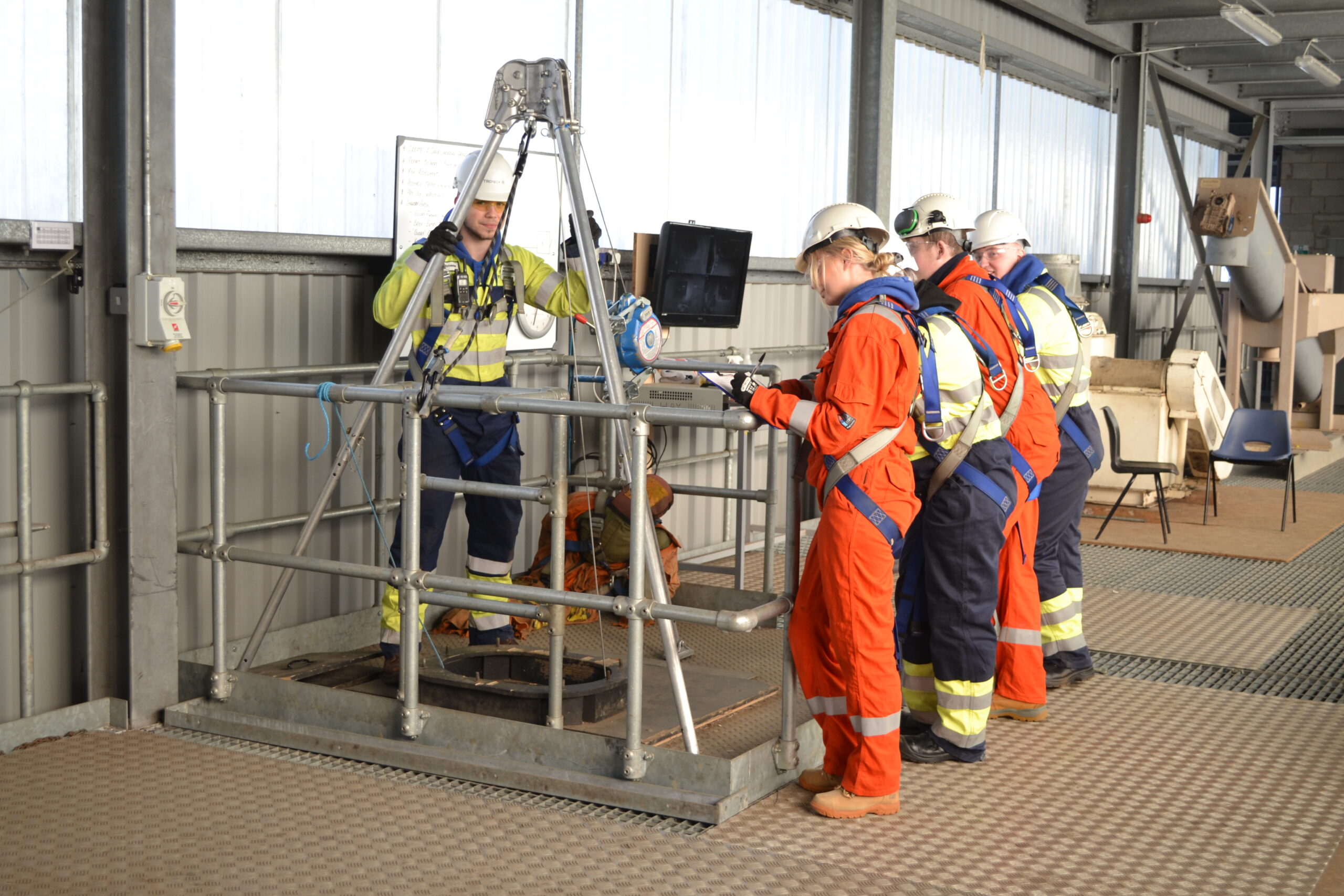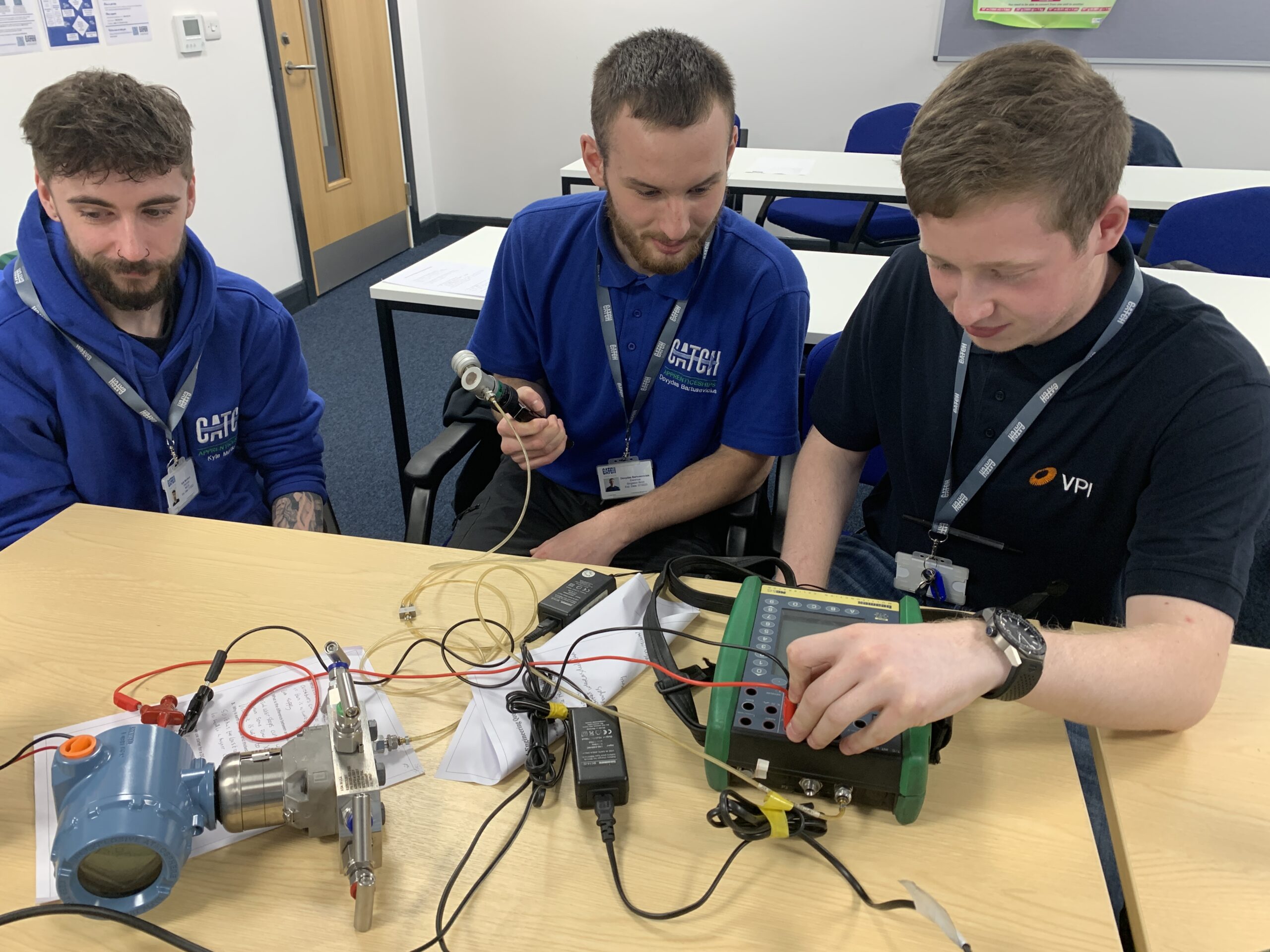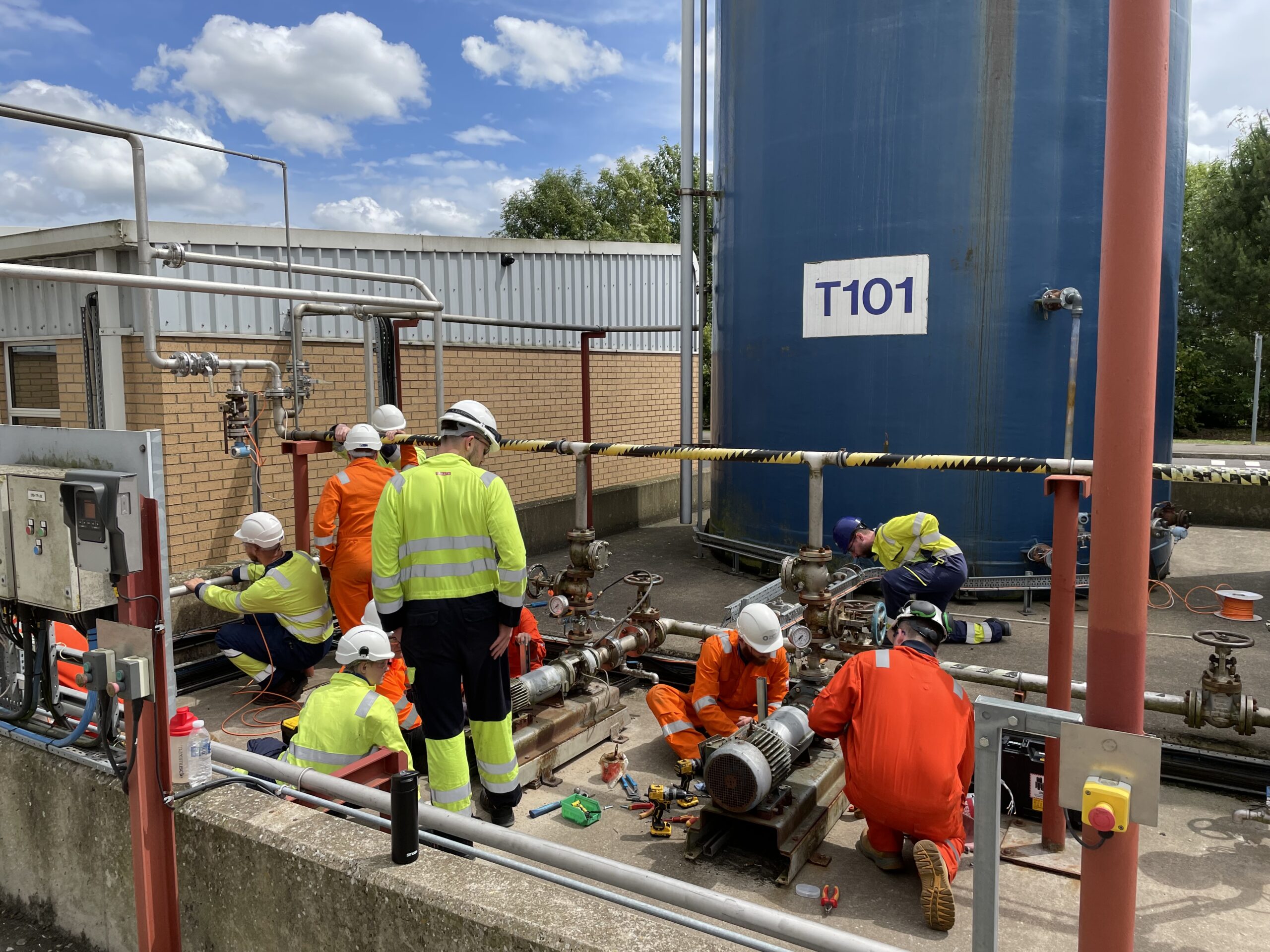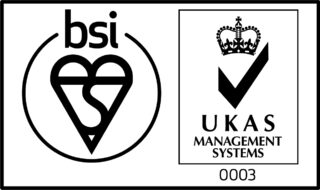CATCH Process and Maintenance Centre
The home of Premium Process Operations, Electrical, Instrumentation and Engineering Maintenance Apprenticeships
It is an exciting time to be working in the process industries, the number of jobs are steadily increasing as companies move towards a greener manufacturing future.
Our manufacturing process industries play a huge part in how we live our daily lives, from the shower gel you use in the morning, to the fuel in your car. Almost everything you touch began its life as a formulation and a manufacturing process

In order to make these products, there are a huge number of expert skills required, by choosing a catch apprenticeship pathway, you will not only learn the basic skills but also extra skills such as working at heights, confined spaces and loss of containment. Ensuring you are well prepared for your future role in industry

Our training center stands out from the rest. The environment in which you will learn, is a replica of what you will experience in industry. From the process plant, to the workshops to the control room and simulator suite. From day one, you will blend practical skills with classroom theory to excel in your chosen field.

Not only will you learn about your own role in the manufacturing industry, but also how to work across the industry with fellow apprentices taking complementary pathways. Our expert tutors, whom have many years of industry experience, will help you navigate your apprenticeship journey, supporting you every step of the way.

FAQ
- What is a process operator?
- What is a mechanical engineering maintenance technician?
- What is an Electrical Engineering Technician?
- What is an Instrumentation Engineering Technician?
- Why choose a career in the process industries?
- What practical skills will I learn ?
- How many years will I train for?
A process operator plays a crucial role in ensuring that products manufactured under their supervision adhere to the prescribed specifications and meet the expected quality standards. This involves overseeing the entire production process, from its initiation to completion. Typically, you will collaborate within a production team, taking on the responsibility of maintaining the health and safety standards for both the process itself and your fellow colleagues
Next Steps
Head Office
Stallingborough
Grimsby
DN41 8TH
Company no. 03837010
Privacy Policy
CATCH Compliments and Complaints policy
CATCH Apprenticeships Safeguarding Disclosure Form (blank)
Recruitment of ex-offender policy
Data protection






